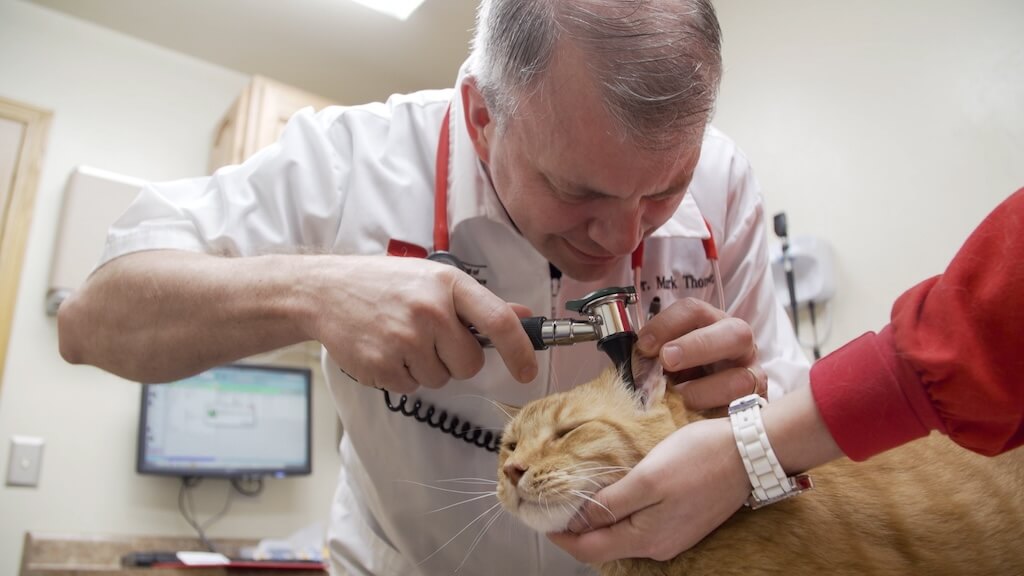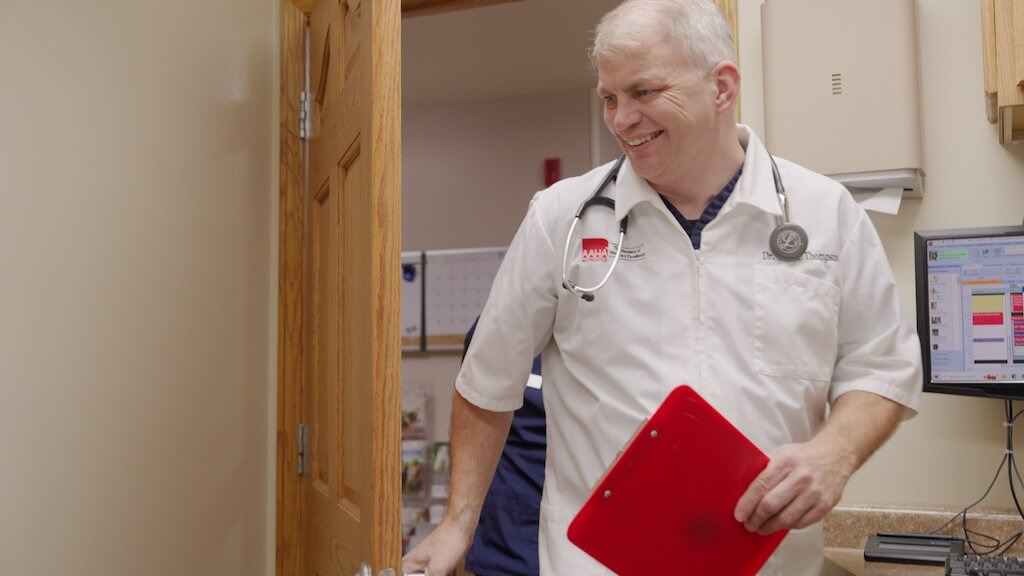Pawsitive Wellness
 We are dedicated to ensuring the health and happiness of your beloved pets. We understand that prevention is key to keeping your furry friends in top shape, and our comprehensive wellness and prevention program is designed to do just that. Here’s a closer look at the various aspects of our program:
We are dedicated to ensuring the health and happiness of your beloved pets. We understand that prevention is key to keeping your furry friends in top shape, and our comprehensive wellness and prevention program is designed to do just that. Here’s a closer look at the various aspects of our program:
Wellness & Annual Exams
Regular wellness exams are the foundation of preventive care. These annual check-ups allow our experienced veterinarians to assess your pet’s overall health.
Vaccinations
Vaccinations are essential to protect your pet from a range of contagious and potentially life-threatening diseases.
Parasite Control
 Parasites such as fleas, ticks, and intestinal worms can pose a significant health risk to your pet. We offer a wide range of preventive measures and treatments.
Parasites such as fleas, ticks, and intestinal worms can pose a significant health risk to your pet. We offer a wide range of preventive measures and treatments.
Nutrition Counseling
Proper nutrition is crucial for your pet’s health. Our team provides guidance on choosing the right diet based on your pet’s age and breed.
Microchipping
Losing a pet can be a distressing experience. To increase the chances of a safe return, we offer microchipping services.
Pain Management
Managing pain and discomfort is a fundamental aspect of your pet’s overall wellness. We have a variety of pain management.
Pharmacy
Convenience and accessibility are vital when it comes to your pet’s health.
Paws for Prevention
 By focusing on wellness and prevention, we aim to keep your pets healthy, happy, and enjoying their best possible life. Our dedicated team of veterinarians and support staff is committed to providing the highest level of care to every pet that walks through our doors.
By focusing on wellness and prevention, we aim to keep your pets healthy, happy, and enjoying their best possible life. Our dedicated team of veterinarians and support staff is committed to providing the highest level of care to every pet that walks through our doors.
At Country Hills Pet Hospital, we believe that prevention is the best medicine, and we are here to support you in every step of your pet’s journey to optimal health.
